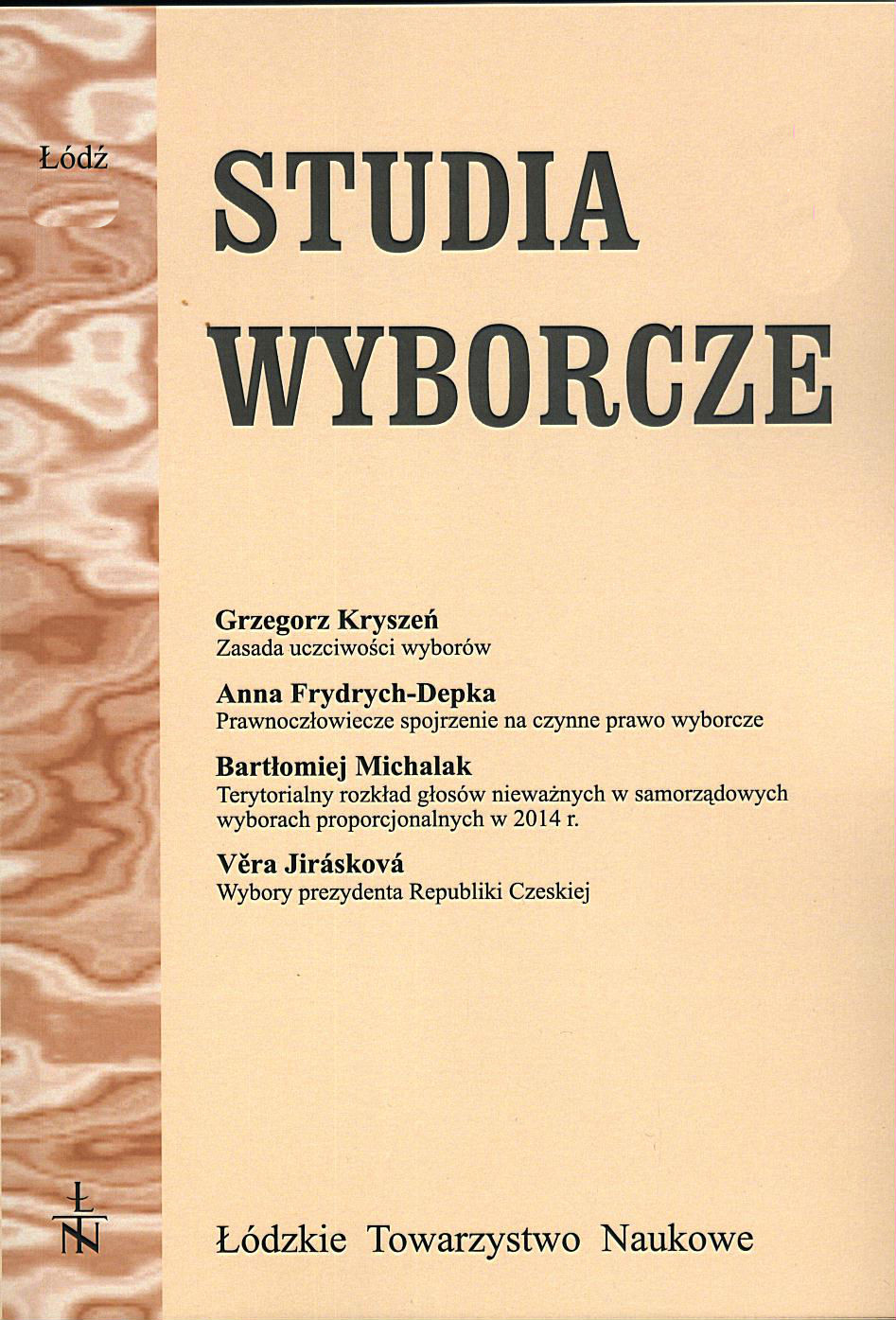Konsekwencje głosowania podzielonego w mieszanych systemach wyborczych – wnioski z wyborów do Izby Reprezentantów Nowej Zelandii z lat 1996–2008
Consequences of split ticket voting in mixed member electoral systems – lessons from elections to the New Zealand House of Representatives (1996−2008
Author(s): Jeremiasz SalamonSubject(s): Politics / Political Sciences
Published by: Łódzkie Towarzystwo Naukowe
Summary/Abstract: Most of the mixed member electoral systems enable electors to give their vote to one party list, while choosing the candidate of a different party in their own electorate. Although a relatively small part of electorate voting in mixed member systems splits votes, this group is often referred to as “small but politically significant electorate”. This statement is all the more justified, when we realize the importance of consequences caused by this kind of electoral behaviour. On the basis of experience of the elections to the New Zealand House of Representatives, author of this article illustrated the consequences of split ticket voting in mixed member electoral systems on the result of an election, format of party system and cabinet character (single party or coalition government).
Journal: Studia Wyborcze
- Issue Year: 2013
- Issue No: 15
- Page Range: 121-149
- Page Count: 29
- Language: Polish

